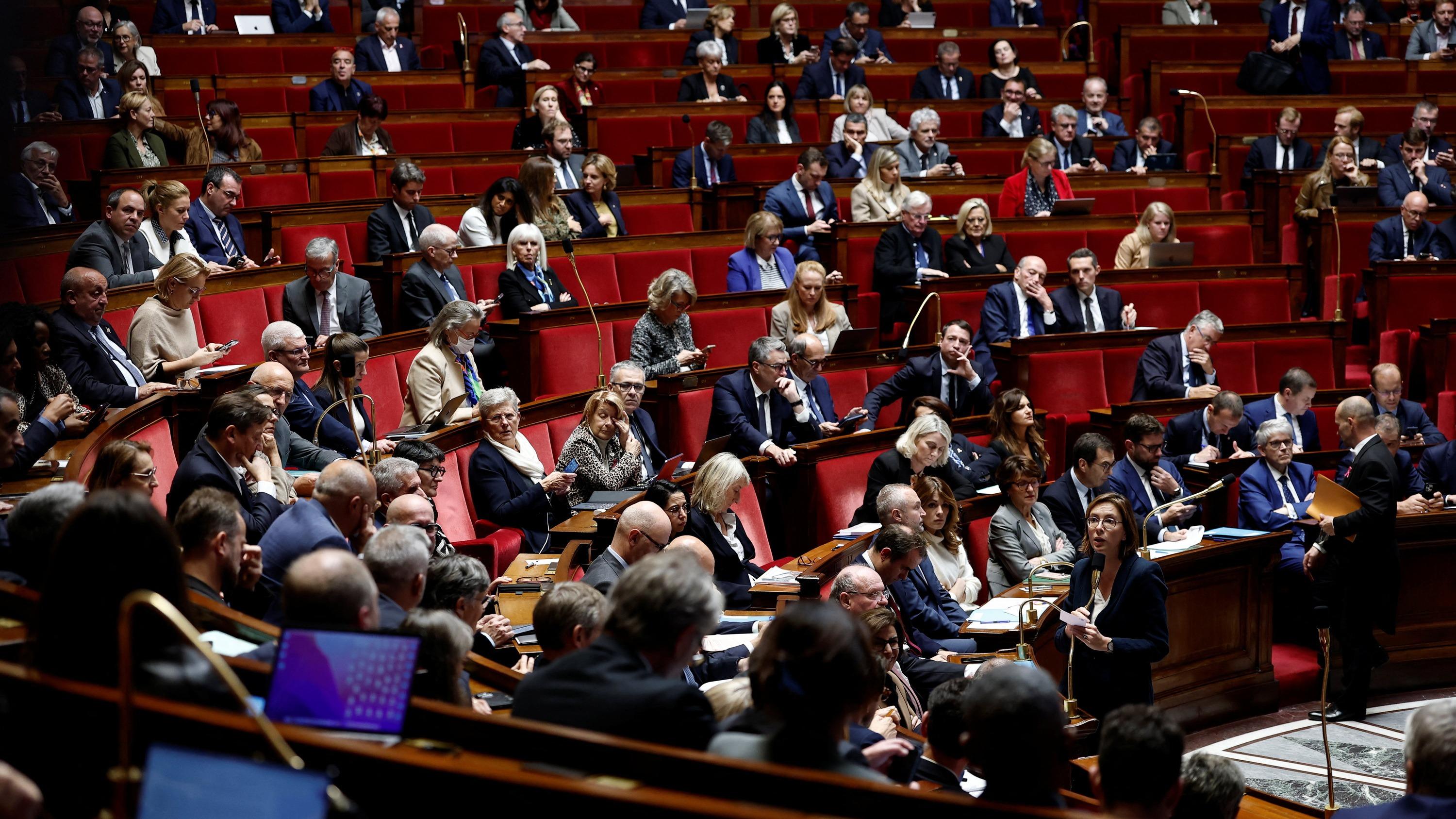French National Assembly Unexpectedly Repeals Major 5 Billion Euro Industry Tax Amid Budget Debate
The French National Assembly unexpectedly repealed the 5 billion euro C3S industrial tax during the 2026 budget debate, marking a significant and surprising fiscal shift.
- • French deputies voted to repeal the C3S tax, a 5 billion euro burden on industry.
- • The repeal was unexpected and not intended by the amendment's proposer, Charles Sitzenstuhl.
- • A significant CSG increase on capital income was also approved to raise 2.8 billion euros by 2026.
- • The budget debate featured sharp political exchanges and health incidents among deputies.
Key details
In an unforeseen development during the 2026 budget discussions, the French National Assembly voted to repeal the Contribution de solidarité des sociétés (C3S), a production tax that generated approximately 5 billion euros and was considered a hindrance to industry. This repeal took place amid paused fiscal discussions on the Projet de loi de finances (PLF) and social security financing bill (PLFSS).
The amendment was introduced by Deputy Charles Sitzenstuhl from the Renaissance party, who later admitted that he did not anticipate its adoption. This unexpected repeal contrasts with other fiscal measures, such as a significant increase in the Contribution sociale généralisée (CSG) on capital income, approved earlier, which aims to generate an extra 2.8 billion euros by 2026.
This surprising parliamentary action occurred alongside heated debates on the intellectual and economic competence of deputies, highlighted by economist Philippe Aghion's criticism and subsequent responses by other political figures. Additionally, the budget session saw National Rally deputy Monique Griseti suffer a health episode requiring hospitalization.
The repeal of the C3S marks a major shift in the French fiscal landscape that could impact industrial competitiveness and budget revenues. While the future handling of this tax abolition remains uncertain, it reflects the contentious and fluid nature of the 2026 budget negotiations within the Assembly. The developments underscore ongoing tensions in balancing taxation, economic growth, and political strategy in France's budgetary process.
This article was translated and synthesized from French sources, providing English-speaking readers with local perspectives.
Source articles (2)
Source comparison
Latest news
France Returns the Djidji Ayôkwé Talking Drum to Côte d'Ivoire After Over a Century
Record 37 Days of Rain Triggers Ongoing Severe Flooding in Western France
Political Divisions and Social Tensions Intensify Following Quentin Deranque’s Death in Lyon
French Economy Minister Calls for Full Insurance Industry Mobilization Amid Devastating Storm Floods
France Boosts Social and Solidarity Economy with New Tools and Potential Tax Reforms in 2026
Saint-Nazaire Mayor Condemns Vandalism of Two Political Offices as Attack on Democracy
The top news stories in France
Delivered straight to your inbox each morning.

